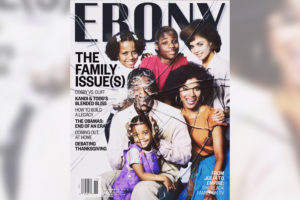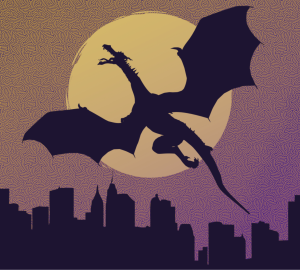
For the November issue, Ebony Magazine featured the Huxtables on the cover with a large crack over Bill Cosby’s face, commentary on how the sexual assault allegations surrounding Bill Cosby is distorting the image of one of the most iconic sitcoms featuring an African-American family. Some, including former cast members, took issue with the cover saying that the show should remain untarnished in spite of the problems with Bill Cosby because it shows a positive representation of an African-American family in the face of many negative stereotypes on television. Regardless of how people view “The Cosby Show” in light of the allegations against Bill Cosby, it is time we stop billing this show as the quintessential representation of the middle class African-American family.
Part of this need to cling to the Huxtables is the fear of the single story that plagues representation of black people in Hollywood. Any character that is not the antithesis to these stereotypes becomes a problem. While Dr. Huxtable is a glowing example of a positive image of black fatherhood, there is no escaping the shadow Bill Cosby in currently casting over him. Facts are, unfortunately, corrupting the beautiful fictional family of the Cosby show and complicating people of color’s relationship with the family they identified with and were inspired by.
Saying goodbye to the Huxtables does not mean letting go the only positive image of an African- American family. Sitcoms featuring families of color did not cease to exist once “The Cosby Show” went off air in 1992, nor has there been a backwards regression to roles available for people of color. Following the Huxtables, American television introduced the Banks family (“Fresh Prince of Bel- Air”), the Winslows (“Family Matters”) and most recently, the Johnsons (“Black-ish”). Beyond shows featuring positive images of middle class African-American families, there are shows that have complex, flawed characters of color commanding narratives of their own (thank you, Shonda Rhimes).
We must let go of the Huxtables, never forgetting their importance in changing the television landscape for African-Americans, but allowing room for new characters to admire, new stories to tell.



























